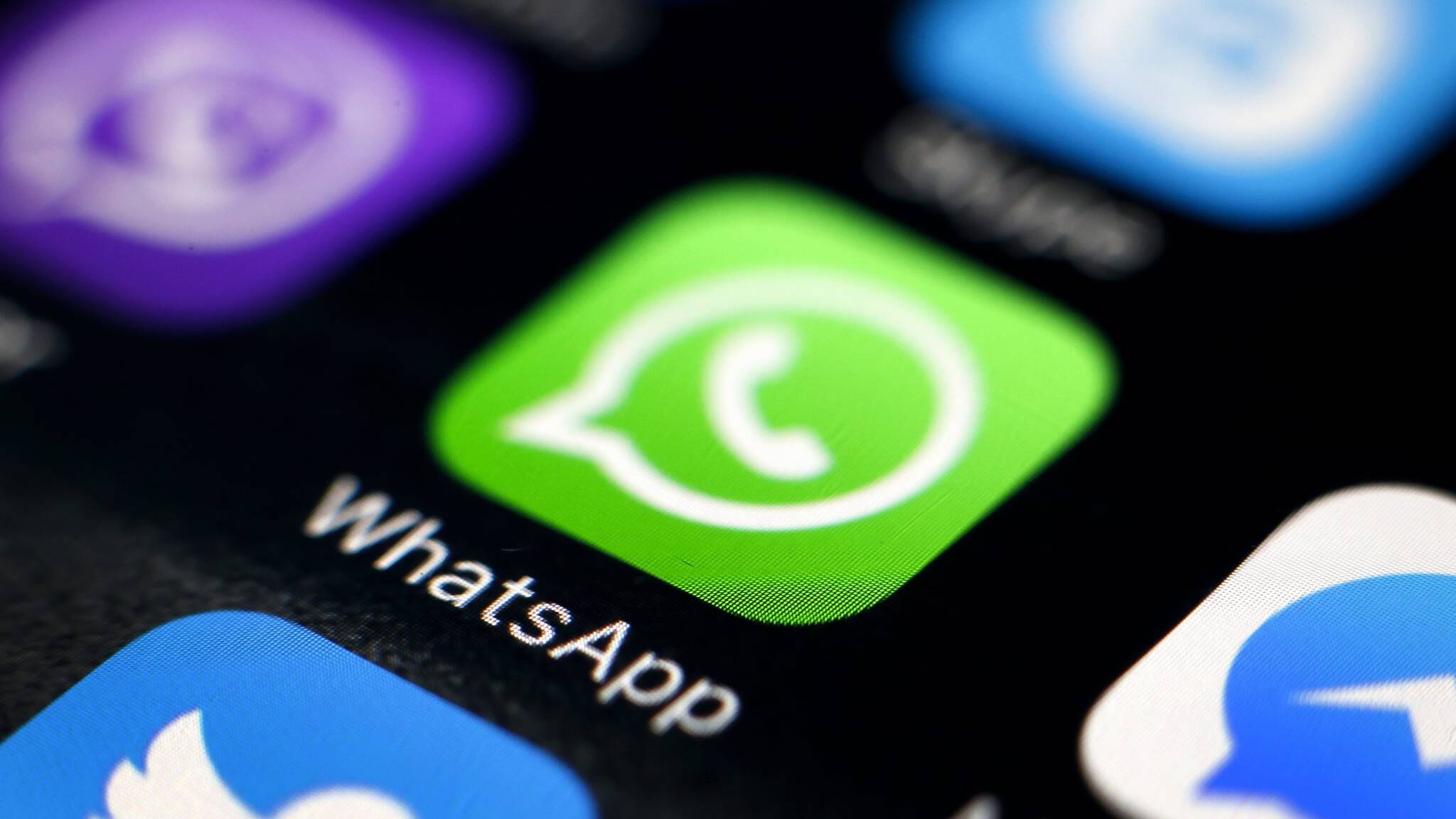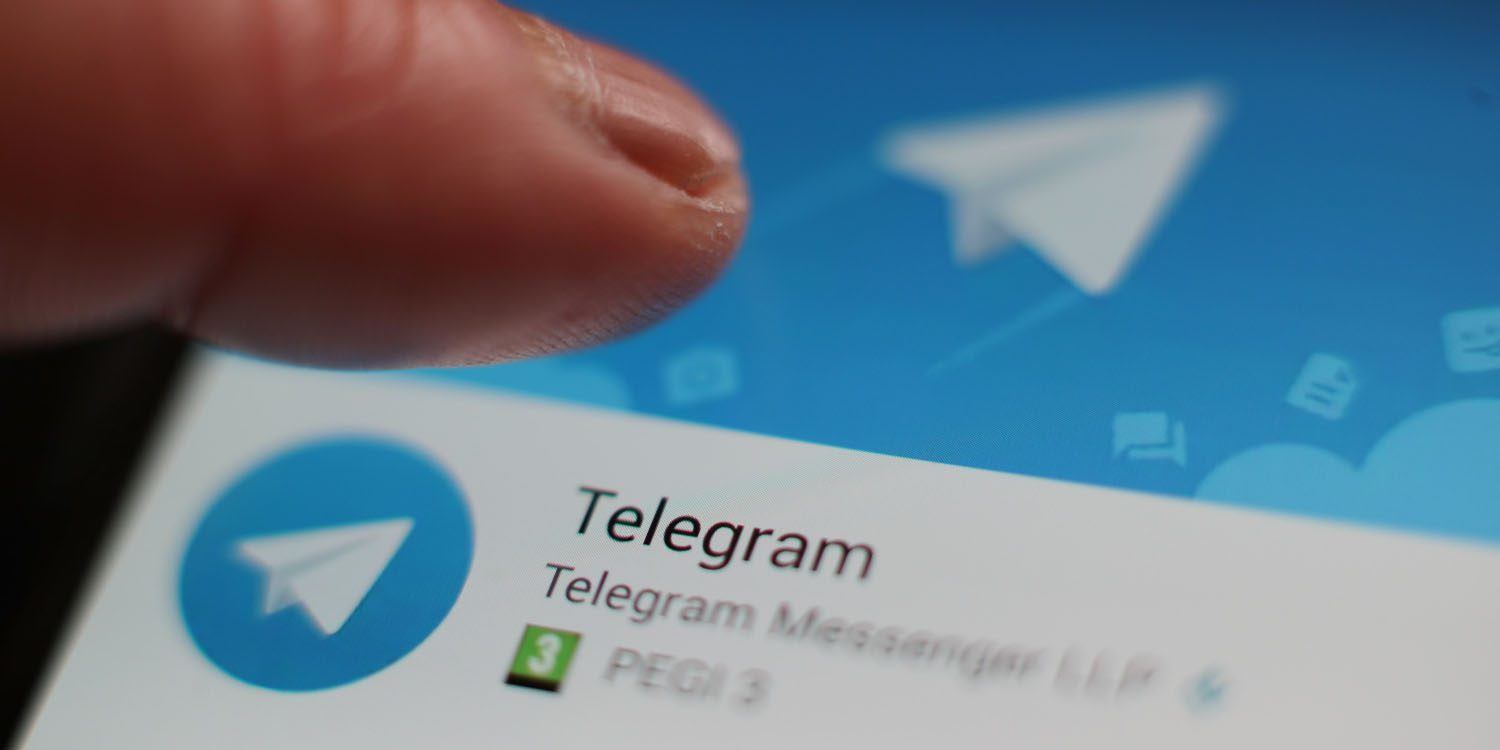Don't miss the chance to work with top 1% of developers.
Sign Up Now and Get FREE CTO-level Consultation.
Confused about your business model?
Request a FREE Business Plan.
Whatsapp Joins Secret Messaging App Club | Self-destructing Message Feature Coming Soon?

Technology has always been driven by humanity’s needs and service providers throughout history have thrived providing answers to these needs. WhatsApp’s upcoming feature – self-destructing messages is an attempt to meet a human need that never quite goes away – the need for secrecy. WhatsApp’s self-destructing messages will enable the users to send messages that disappear within a span of 5 seconds to an hour after being viewed. While this won’t be the first-time smartphone users will get their hands on this feature, its arrival to the world’s most popular messaging app is a big deal nonetheless!
What’s The Need For Self-Destructing Messages
We’ve been familiar with a secret, self-destructing messaging for decades. The fictional Impossible Missions Force (IMF) popularized the idea of self-erasing messages in the 1960’s Mission Impossible TV series before Tom Cruise’s Ethan Hunt brought it back to the mainstream with the acclaimed 1990’s movie. The secret agents in these stories needed to ensure the information they shared didn’t end up in the wrong hands. In real life, that’s pretty much what we all want with our communications.
Whether it’s regular text, documents, audio or video media, having somebody other than the desired recipient access our normal, day-to-day communications is always disturbing on some level. To individuals that need to share sensitive or confidential information, the need for ensuring secrecy is even greater.
Facebook Horizon is the ever-expanding social hub allowing the users to create diverse digital avatars and much more. Check these amazing features at Facebook Horizon | Everything We know About Facebook’s Very Own OASIS
In today’s world, most of our communications take place over smart mobile phones and devices which are all equipped with lock screens and additional privacy features. But even all of that doesn’t guarantee the secrecy of our interactions. Let’s consider some of the ways your personal messages can end up revealed to unintended eyes and ears – Another person may be aware of your or the recipient’s phone’s lock screen pattern or passcode, the recipient may willingly share your messages with others or you or the recipient may happen to leave the phone unattended while the screen is still unlocked. Then there’s the ever-looming threat of hackers! Needless to say, there’s a real, pressing need for features like self-erasing messages.
Everything we know about WhatsApp’s self-destructing message feature
WhatsApp’s self-destructing message feature will go by the official name Disappearing Messages. Users will be able to mark a chat as ‘disappeared’ to cause the messages to get erased after a certain interval of time – after 5 seconds or after 1 hour. As per reports, Disappearing Messages will be available for group chats. Once the feature is rolled out to everyone with WhatsApp’s new update, users will be able to find the Disappearing Messages feature by tapping Group Info and selecting Group Settings. Tapping on Disappearing Messages will prompt the user to select the preferred message expiration time. Users can choose to turn the feature off in this same drop-down window.
Instagram introduced the new feature in its messengers. Check out what is its impact on Instagram’s Threads – The New Jewel In Instagram Messenger App!
After Disappearing Messages has been activated, all the messages the user sends out in the group chat will get erased after the set time duration. Unlike WhatsApp’s Delete Message feature that leaves a note that the message was deleted, the disappeared messages will not leave any trace in the chat. The feature will work for both text and media messages, including images, documents, audio and video files.
So far, we only know how Disappearing Messages works in group chats, but it’s safe to assume WhatsApp will also enable it for private chats. The feature is currently in alpha-stage, which means it’s far from a finished product. The company hasn’t provided any ETA on the social media app development so users can only wait and hope Disappearing Messages delivers the goods.
Existing Apps That Offer Self-destruct Messaging Besides Whatsapp
Mobile apps have been providing the self-destruct messaging feature to their customers for more than half a decade now. The feature has been a big hit with the masses both for it’s cool, sci-fi vibe and the sense of security that it brings. Let’s look at some of the most well-known apps that offer this feature.
Snapchat

Launched in 2011, Snapchat brought the ability to share fleeting images, videos and messages to the general public. The messages shared in Snapchat get erased after a single viewing. The app’s direct messaging feature allows users to save the information from the messages they receive before the messages disappear. While the app started out with the concept of single-view messages, it has changed its features over time and included the tools to replay messages, save them in private storage and send messages that have an unlimited viewing time.
Telegram

Telegram, released in 2013, is known for its advanced security features and timed self-destruct messaging facility. The app’s design is similar to WhatsApp’s and supports fast messaging, with users given the ability to select the duration after which the messages disappear. This duration ranges from 2 seconds to a week. Users can access cloud-based messages from any of their devices. Secret chats, on the other hand, can only be accessed from the device that the chats have been initiated and accepted.
Wickr Messenger
Founded in 2012, Wickr is an instant messaging app that allows users to exchange private messages with self-destructing content. Users can sync messages across devices like smartphones, computers, and tablets. User communication is locally encrypted on each device. Every new message generates a new key so nobody apart from the user can decipher the content of the messages.
Why You Should Be Excited About Disappearing Messages
There can be no question about it, WhatsApp is awfully late to the party! After all, it’s only now developing a feature that popular messaging apps have been offering for years. But while Disappearing Messages might not break new ground in communication privacy, it’s a ‘better late than never’ situation for existing WhatsApp users who had had to rely on a different messaging app for secure communication for years.
WhatsApp has had plenty of time to review the workings of all the different versions of self-destructing messaging that other apps have rolled out over the years. It’s also had the opportunity to learn from the shortcomings and mistakes of existing apps and observe users’ demands and expectations in the present day. All that increases the possibility of WhatsApp’s Disappearing Messages turning out to be the best, most well-rounded secure messaging tool ever. Let’s hope WhatsApp doesn’t keep us waiting too long for it!
Source – Pocket-lint.com
Rate this article!
Join 60,000+ Subscribers
Get the weekly updates on the newest brand stories, business models and technology right in your inbox.

Experiencing the journey with excitement, tackling the obstacles with the zeal to disrupt the vision of the world through her words is what defines the attitude of Vaishali Sonik. Vaishali a.k.a. Maggie took a turn from her Masters Journey in E.C.E to become an Internet influencer. Since 2014, she has been blending & molding her words to express the knowledge she has alongside learning herself at every step. She describes her profession as an Online Content Strategist & Writer, a way to learn something new at every step.

App Monetization Strategies: How to Make Money From an App?
Your app can draw revenue in many ways. All you need to figure out is suitable strategies that best fit your content, your audience, and your needs. This eGuide will put light on the same.
Download Now!Subscribe to Unlock
Exclusive Business
Insights!
And we will send you a FREE eBook on Mastering Business Intelligence.

















